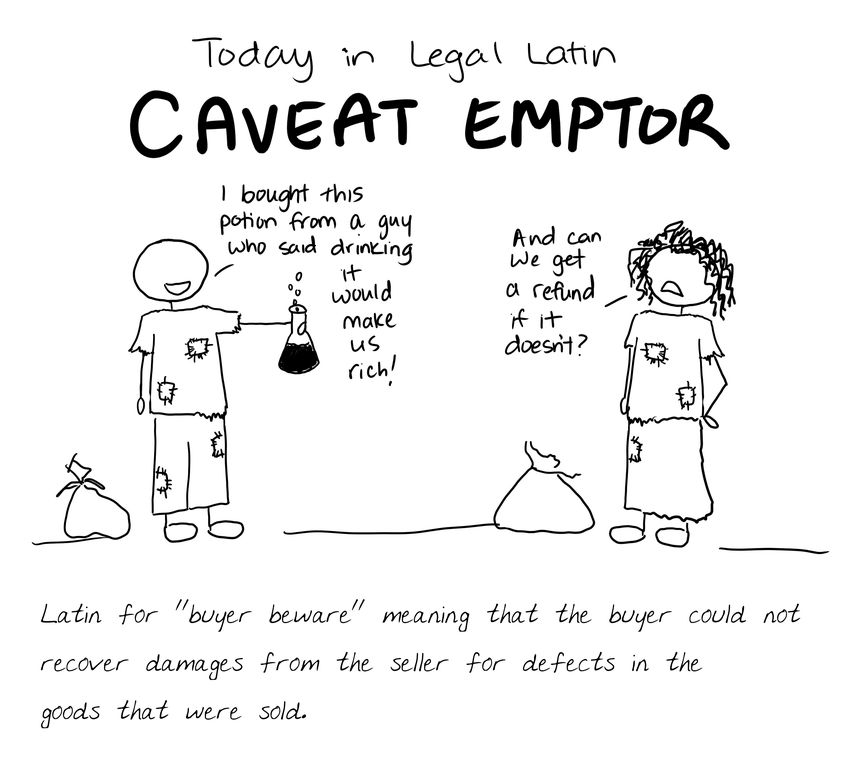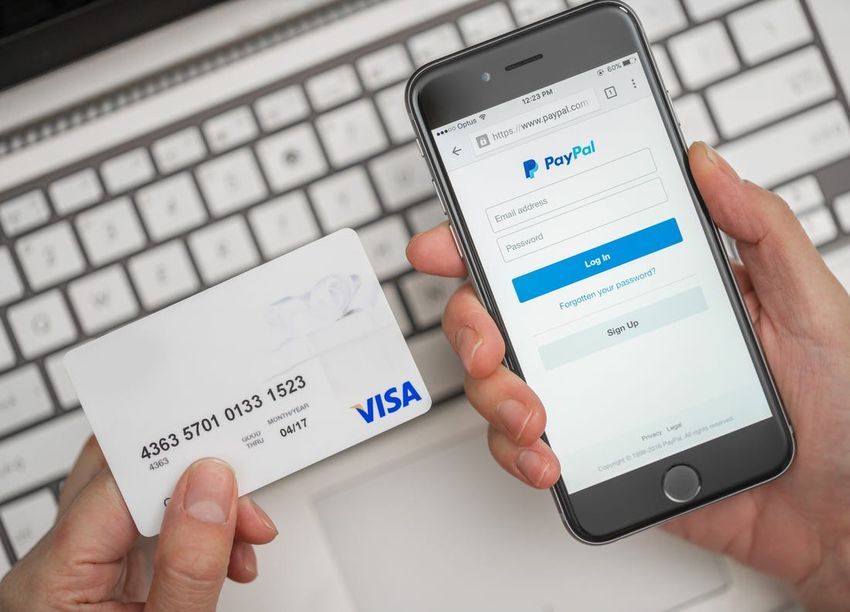Online shopping has opened up us to unmatched opportunities to let you save money, but not without flaws. It’s easy to get swayed when shopping online as you have access to dozens of products on a single screen at a time. The recommendations and suggestions make it difficult to keep your focus. However, we cannot neglect the awesomeness of offers and discounts we get when shopping online.
Becoming a smart online shopper is not about being tech-savvy, but knowing what are the common pitfalls and how to avoid them. Check out these tips picked from the brains of buyers who shop like a pro.

source:retailminded.com
Page Contents
Don’t lose the track
Make it a rule to shop for only those items that you can pay for. It’s a no brainer, isn’t it? Then why are we stating the obvious?
My fellow shoppers, it is easy to lose your head in the bidding war and scuttle your budget. Believe it or not, over 40% of buyers complain of going overboard with their budget when they are bidding on an item online. You have to have the self-control of a Jedi if you want to be a smart shopper. But, if you are a mere mortal like most of us, we suggest you write down the maximum bid that you can afford and never exceed it, period. If you come across an item that is already listed for a price near the upper limit of your budget, don’t bid as it is not uncommon to snip the budget in the closing minutes of an auction when you are caught up in the bidding frenzy.
And when you actually close a steal deal, don’t forget to check for the shipping cost. Sometimes sellers pad the shipping cost in order to offer low sale prices.
Stick to sellers with a record

source:retailminded.com
Whether you are shopping from your favourite online store, bidding at an auction site or browsing the flea market sites, stick to the stellar sellers with the highest feedback ratings. It is not to undermine the genuineness of the new sellers, but a seller with hundreds and thousands of transactions must be doing it right to win the confidence of the buyers. Top-rated sellers go the extra mile to retain the satisfaction of the customers, and it’s a smart decision to stick to them.
Caveat emptor

source:nybarpicturebook.com
Getting a good deal online involves homework. Fortunate for us, sites like Shopzilla make it easier to compare the price of mass-produced items from various sites. It is a common practice among online shoppers to settle for the listed price but that’s a rookie mistake. Especially if you are shopping on a flea-market site you have to make negotiation part of the process. Do not shy away from haggling. But to make the clever counteroffer you have to know how much is the item actually worth.
Beware when buying expensive items or antiques online. Do not budge without satisfactorily verifying the authenticity of an item. Selling counterfeit products under brand names is a common practice.
How common is it?
In 2004, Tiffany and Co. bought 186 products from the auction site eBay that were advertised as Tiffany but nearly, one-third of the items were fake. eBay was sued but the site argued that it is not responsible for the verification of authenticity as it doesn’t take any items in possession.
Caveat emptor is the mantra when shopping for luxury or high-priced items online. If you are buying antiques, get the assistance of a reputed antique dealer, appraiser or an auction house. If you are unable to find one, head to the PBS show Antiques Roadshow website, there you will find a list of experts that features in the show.
Forget the cash

source:businessinsider.com
Online shopping is entirely based on plastic, cash is seldom involved. If a seller asks for wire transfer, money order or a personal check, it’s a tell-tale sign of something fishy. According to GreatBuyz, a coupon site, “when buyers pay cash, they put themselves in a tight spot where it becomes difficult to get money back in case of a dispute.” The site recommends paying with credit or debit cards so that the card issuer can help you in securing a refund if there is a dispute.
If you are not shopping from a reliable site such as Walmart or Amazon, be careful how you make payment using your credit cards. Do not trust their payment gateway with your credit card information, instead prefer online services like PayPal that are secure and also free for customers. You can add an added layer of security by linking your credit card to the PayPal account instead of your checking account. This way PayPal can act as a moderator to settle any dispute between you and the seller.
Pay attention to leave a way out

source:businessinsider.com
Return policy must be in your checklist when shopping online. You must know how easier it is to return a product you order online to avoid any unpleasant surprises. Different products have a different return policy. For instance, most electronic items on Amazon come with a 10-day return policy during which you get 100 percent refunds. While sites like eBay and Etsy leave the return policy to be handled by the individual vendor. If you are shopping from such a site and find no return policy listed, mail directly to the seller before placing the order.
Also, some unscrupulous sellers are known to lure customers to do business via their own websites or personal emails. Remember that if you are straying away from the main site to the seller, you are forgoing all the security that is in place to protect your interests.
Earn back

source:cashcowcouple.com
Online shopping is the best because of all the offers and cashback you can avail of. Today there are so many services that offer you exclusive coupons, discounts, and cashback on almost every deal. Make sure, you check sites like Groupon and GreatBuyz to find deals that cut your expenses and double the profits.
There you have it, the ultimate guide to become a smart online shopper.
Online shopping is fun and profitable, just avoid the caveats. We have shared the expert tips that will make you a pro at online shopping.





